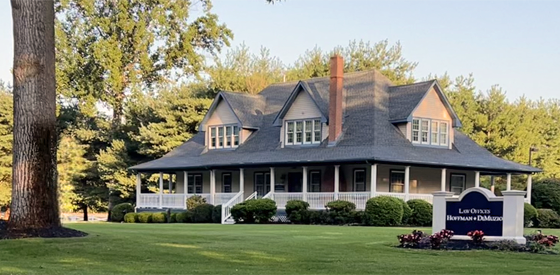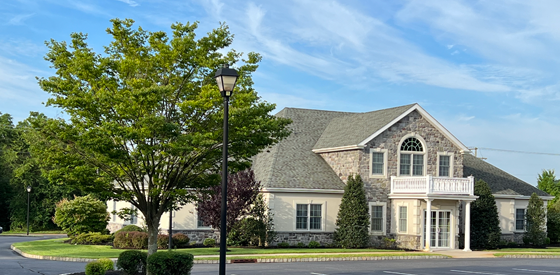- Joseph J. Hoffman, Jr.
- Kenneth A. DiMuzio, Sr.
- Ernest L. Alvino, Jr.
- Anooshay Asim
- Jeremiah J. Atkins
- Peter J. Bonfiglio III
- Vincent Campo
- James M. Carter
- Donald Caruthers, III
- John P. Ciocco
- Kenneth A. DiMuzio, Jr.
- Christine DiMuzio Sorochen
- Michael W. Glaze
- Leonard L. Grasso, Jr.
- Robert P. Grossman
- Joseph J. Hoffman, III
- Richard S. Hoffman, Jr.
- Ryan S. Hoffman
- Cristie R. Nastasi
- J. R. Powell
- Joseph J. Slachetka
- Charles J. Sprigman, Jr.
- James S. Taylor
- Robert J. Wiltsee
Today, Your Legal Corner will discuss “Living Wills: Not just for Senior Citizens.”
Veteran’s Day was celebrated this past Wednesday. Many of our “seasoned citizens” served us during times of turmoil and upheaval. While we should thank our vets each day, Veteran’s Day provides an opportunity as a country to formally recognize their sacrifice. They put themselves in harms way where their fortune can change suddenly in a matter of moments.
Life can change suddenly for us all. Sudden illness, motor vehicle accidents and injuries around the home can unexpectedly and dramatically change the direction of our lives. While we cannot predict when life will deal us a bad hand, there are certain steps we can take for ourselves and our loved ones to guide us during catastrophic events.
Please consider creating a living will to ensure your beliefs and intentions are carried out should you sustain a sudden, serious injury or illness. Importantly, a living will needs to be created before one becomes incapacitated to be given legal effect.
Living Will
A living will or advanced medical directive is a legal document that allows people to make important medical decisions about how they want to be cared for. Do you want to be kept alive on a respirator or ventilator? What if you are in a coma for an extended period of time? Do you want a feeding tube to be utilized for your care?
Not just for the Old
When one hears the term “living will,” they naturally may think it is only for old people. While “seasoned citizens” should certainly have a living will, young individuals who are 18 years or older should have one as well.
When a young person sustains a serious illness or injury, they are typically healthy enough to survive a long time. Our bodies are very resilient when we are young.
Consider the case of Terri Schiavo, a 27-year-old woman who suffered a heart attack in her home. She was resuscitated but suffered massive brain damage due to lack of oxygen, was left comatose and in a vegetative state.
Without a living will, her condition triggered a 15-year court battle between her parents and husband involving 14 appeals and numerous hearings that ultimately resulted in the removal of her feeding tube and death in 2005.
Appoint a Healthcare Representative
In addition to expressing your wishes regarding life-sustaining treatment, your living will should also name your healthcare representative. A healthcare representative has the right to make all healthcare decisions for you, including the right to refuse medical treatment.
Your healthcare representative has the right to review your medical records, receive information from your physician and provide input regarding your medical condition and treatment. Except in emergencies, a physician is required to get informed consent for your treatment from your healthcare representative.
Your Beliefs
Most importantly, a living will ensures your beliefs, values and preferences will be respected in case you are unable to express those decisions yourself. By doing so, your loved ones, already upset over your condition will be saved unnecessary stress, trauma and expense regarding your future care.
A living will is a gift to you and your family regardless of how young or old you may be.
Till next time, God bless, keep smiling, when Your Legal Corner, will discuss “Tips to know how much your divorce should cost.”
Victoria M. Dalton is an attorney with the law offices of Hoffman DiMuzio.
Send questions, or comments to Victoria at [email protected]. Or call 856-845-8243.
Please note that Your Legal Corner was created to provide educational articles about the law and is not legal advice. To view other YLC articles, see HoffmanDiMuzio.com.
Submitting this form does not create an attorney-client relationship, but a lawyer from our firm will contact you as soon as possible.


















